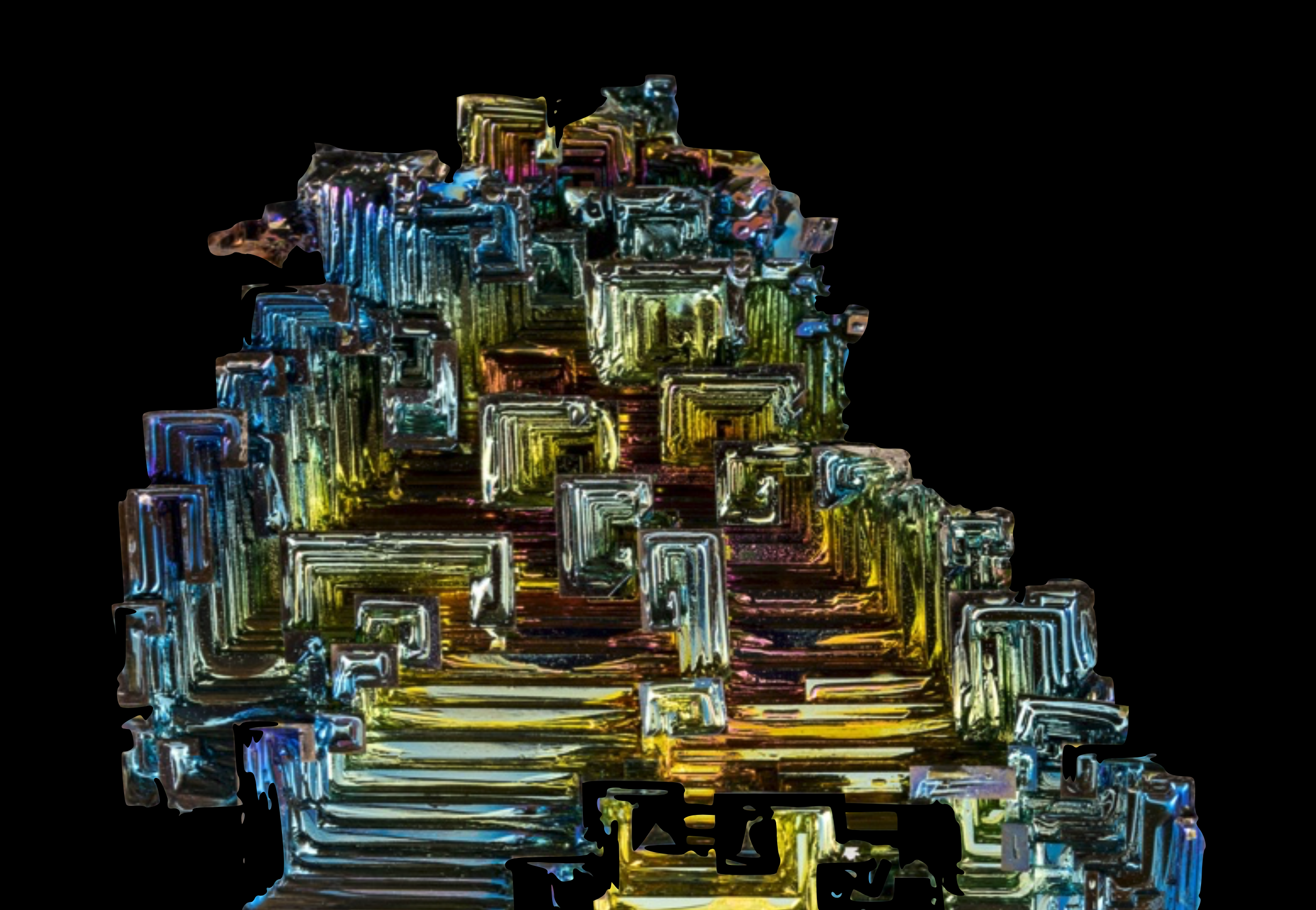In an international collaboration between two experimental and several theoretical groups led by the condensed matter theory group at UZH, a new understanding of the electronic properties of elementary bismuth has been reached. The researchers found bismuth to be what they call a ‘higher-order topological insulator’. What this means in practice is that bismuth supports conducting states on the hinges of an as-grown crystal. These states have very special properties: they transport electric current — in theory — dissipationless, i.e., without backscattering of the electrons. The theoretical prediction is supported by a scanning-tunneling microscopy experiment and by a transport experiment based on interference in superconducting Josephson junctions. The work was featured on the cover of Nature Physics.
Bismuth on higher ground
Together with international collaborators the group of Titus Neupert reached a new understanding of the electronic properties of elementary bismuth
